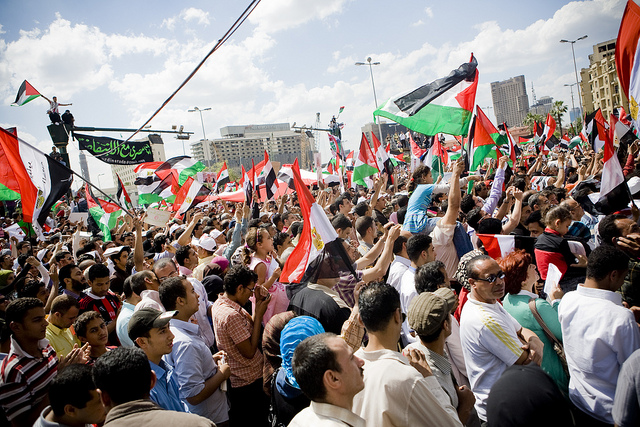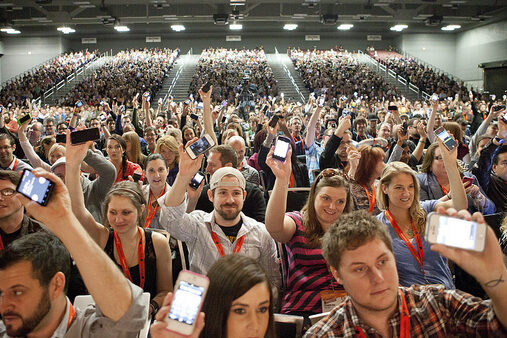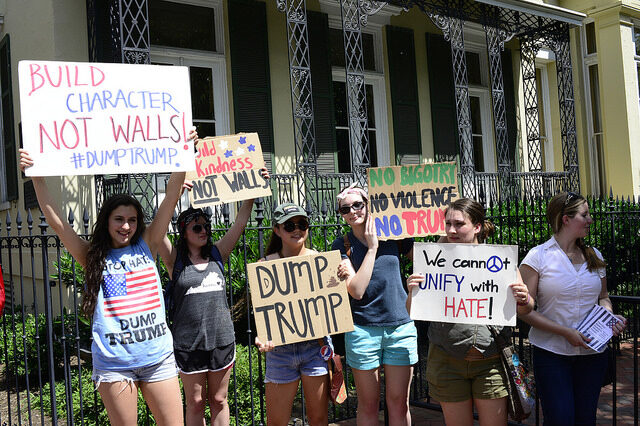Tag: social networks
All topics
-

Bursting the bubbles of the Arab Spring: the brokers who bridge ideology on Twitter
Scholarly interest in online activism has grown with its use. Do social media really challenge…
-

In a world of “connective action” — what makes an influential Twitter user?
The new level of connectivity (particularly of social media) raises important questions about its role…
-

Don’t Shoot the Messenger! What part did social media play in 2016 US election?
We should appreciate how social media can provide a wealth of valuable data to understand…
